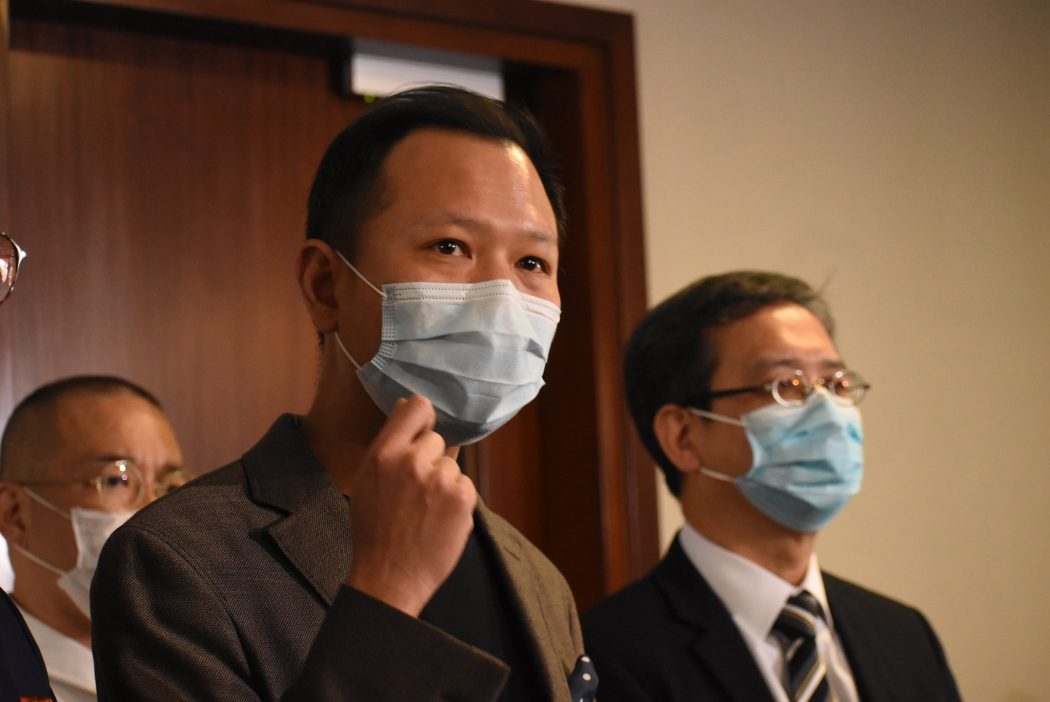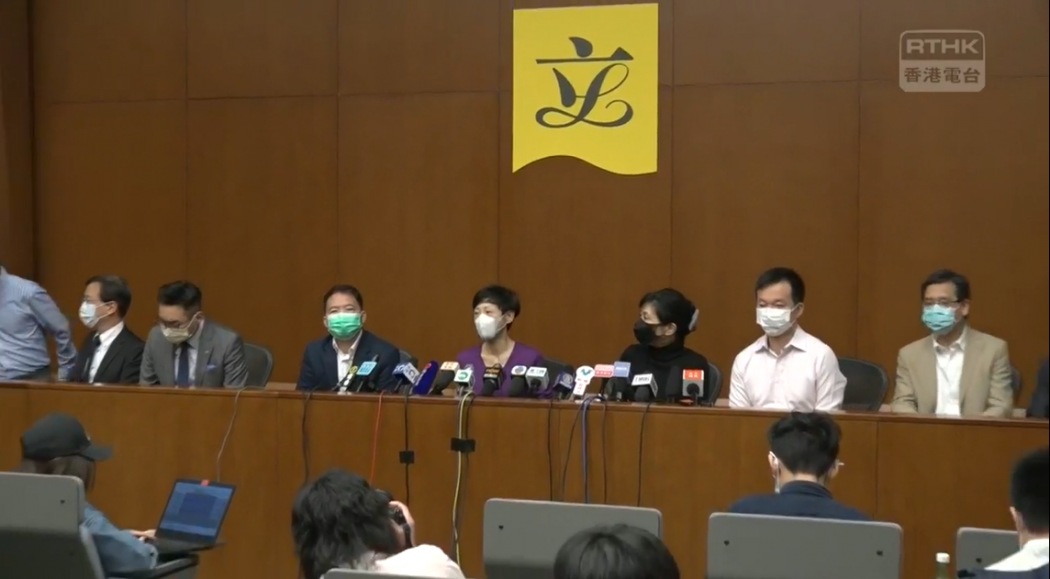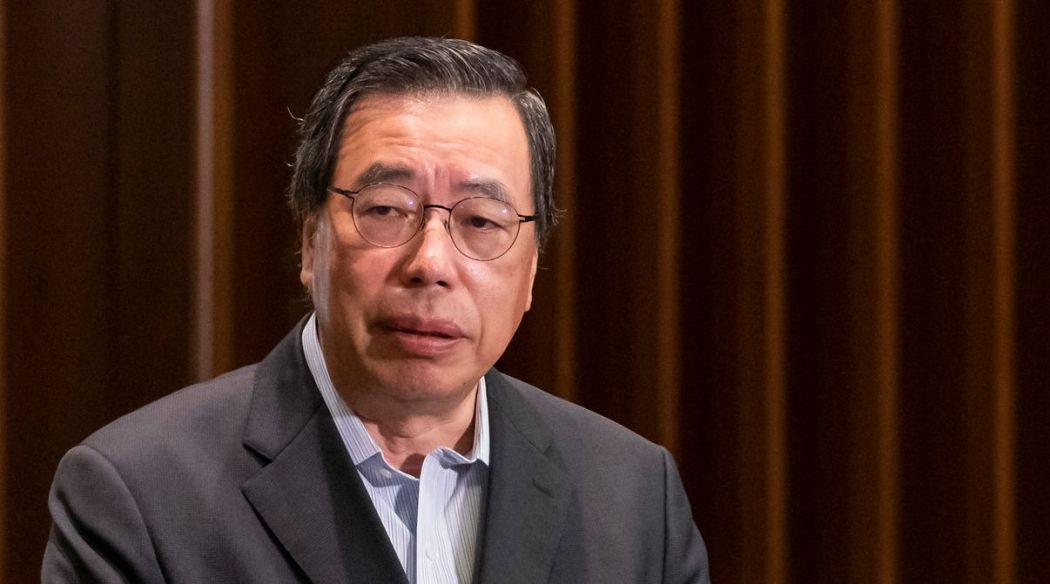Beijing has warned that Hong Kong’s pro-democracy lawmakers who use “malicious filibustering” to paralyse the legislature could be in violation of their oaths and guilty of misconduct in public office.
The Hong Kong and Macau Affairs Office (HKMAO) and Hong Kong Liaison Office issued two strongly worded statements on Monday blaming opposition lawmakers for deliberately stalling the election of the chairperson of the Legislative Council House Committee.

They pointed the finger at Civic Party legislator Dennis Kwok, who has presided over the 14 committee meetings since last October. The agencies accused Kwok as abusing his power to interfere with the legislature’s internal proceedings, and for causing major delays in reviewing bills that concerned the livelihood of the public.
The HKMAO said that, as Hong Kong struggles to curb the coronavirus outbreak, lawmakers should prioritise public interests and collaborate with the government and other sectors during this difficult time. However, some opposition legislators had used “dirty tricks” to paralyse the legislature, which is no different to the mentality of “scorched-earth politics,” it said, adding that such behaviour might breach lawmakers’ oath of office and be considered as misconduct in public office.
“This kind of malicious filibustering behaviour amounts to a blasphemy of the duties of legislators. Not only does this fail the great trust of voters, it is also causes arbitrary damage to the overall interests of Hong Kong,” a spokesperson of the Liaison Office said.

In response to enquiries by local media, the Hong Kong government said the delay in electing a chairperson has led the House Committee to a “complete shutdown,” adding that the situation is “extremely undesirable.” The government urged the legislators concerned to “bring order out of chaos” and allow the committee to resume normal operation as soon as possible.
Local laws
Kwok rejected Beijing’s criticism as “unreasonable allegations” and “political rebuke.” He said in a statement on Monday that the agencies had no authority to comment on the operation of the Legislative Council and its subcommittees, as well as how legislators should fulfil their duties.
“Whether a legislator has violated the Rules of Procedure, their oath of office or misconduct in office should be determined by the Basic Law and local laws,” Kwok said. “The Hong Kong and Macau Affairs Office (HKMAO) and Hong Kong Liaison Office have not been endowed with any legal power to handle such matters.”
Kwok also brushed off criticism of hindering the government’s anti-epidemic efforts, saying that the House Committee was not involved in reviewing the measures, such as the restrictions on social gatherings and the relief package.

At a press conference on Tuesday, pro-democracy lawmakers criticised Beijing’s accusations a trampling on “One Country, Two Systems” in Hong Kong. They also slammed Beijing as not respecting the Basic Law Article 22, which stipulates that Central Government Departments should not interfere in the affairs which the city administers on its own in accordance with the Basic Law.
“The election of the House Committee chairperson is 100 per cent Hong Kong’s local affair. The pressure exerted by the Central Government is totally inappropriate,” said Wu Chi-wai, chairman of the Democratic Party.
Another democrat Claudia Mo said Beijing’s remarks implied that there is “filibustering with good intentions,” adding that filibustering is the “last resort for lawmakers to object evil bills.”
Also speaking to the press on Tuesday, Legislative Council President Andrew Leung said if a legislator has breached the oath, the council could invoke the Article 79 of the Basic Law to review such behaviour. The article states that the president could disqualify a lawmaker when he or she is condemned for misbehaviour or breach of oath by a vote of two-thirds of the council members.

“The Legislative Council president cannot rule over what regulation a lawmaker may have violated. We have to base the case on the Rules of Procedure,” Leung said. “If lawmakers deem there is a violation, we have a mechanism to handle the case under Article 79.”
After the 2016 legislative elections, Beijing handed down a ruling which led to the ousting of several democrats who protested during their oath-taking ceremony. Beijing’s top legislative body controversially “interpreted” Article 104 of the Basic Law to state that lawmakers must swear allegiance sincerely and solemnly.
